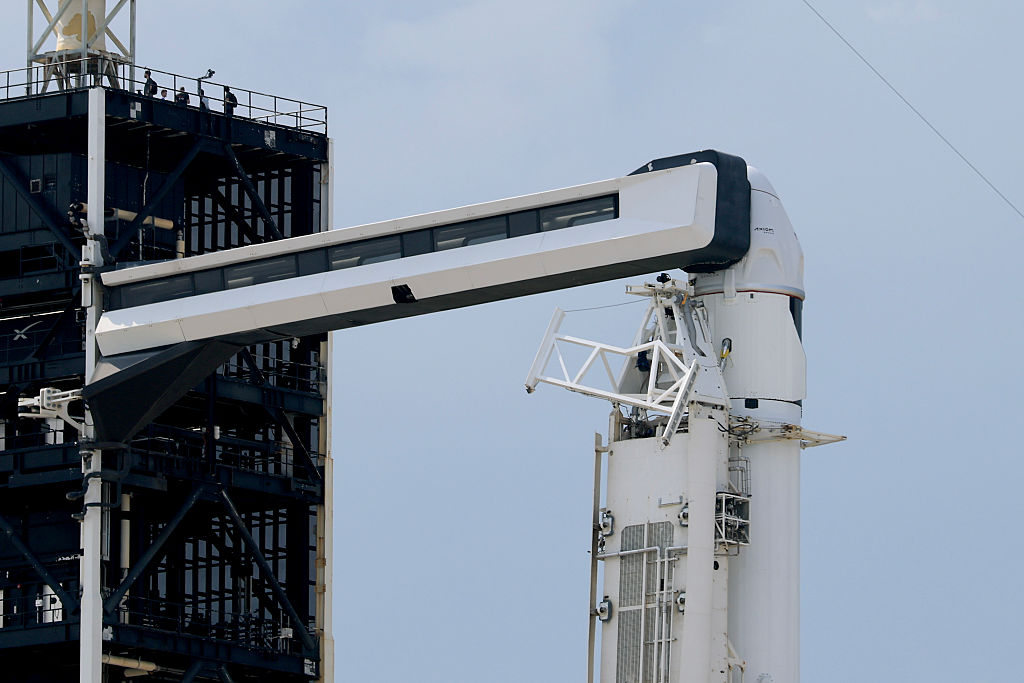US-based Axiom Space is now set to send Indian astronaut Shubhanshu Shukla to the International Space Station (ISS) on June 19, the Indian Space Research Organisation (ISRO) said on Saturday.
Shukla’s flight, originally scheduled for June 11, was postponed multiple times due to technical observations related to the ISS’s Zvezda module. A leak had been detected in the propulsion bay during a pre-launch test.
ISRO noted that Axiom Space is working closely with NASA to assess the pressure anomaly in the Zvezda Service Module onboard the ISS.
“During a follow-on coordination meeting between ISRO, Axiom Space, and SpaceX, it was confirmed that the liquid oxygen leak observed in the Falcon 9 launch vehicle has been successfully resolved,” ISRO said in a statement.
“Axiom Space is now targeting June 19, 2025, for the launch of the Ax-04 mission,” it added.
ISRO has reiterated its commitment to mission safety and continued coordination with international partners.
The mission holds historic significance for India. Group Captain Shubhanshu Shukla is set to become the first Indian astronaut to visit the ISS and only the second Indian in space, following Rakesh Sharma’s flight in 1984.
Shukla will serve as the pilot of the mission, alongside Commander Peggy Whitson of the United States. The other crew members include Slawosz Uznanski-Wisniewski of Poland and Tibor Kapu of Hungary, both serving as mission specialists.
Once aboard the ISS, Shukla will conduct pioneering experiments related to food and space nutrition. These experiments, developed in collaboration between ISRO and the Department of Biotechnology (DBT), with support from NASA, aim to advance understanding of sustainable life-support systems—crucial for future long-duration space missions.
The research will also examine the effects of microgravity and space radiation on edible microalgae—nutrient-rich, high-potential food sources for space missions.
The experiments will evaluate key growth parameters and analyze transcriptomic, proteomic, and metabolomic changes in various algal species in space, compared to their behavior on Earth.
IANS














